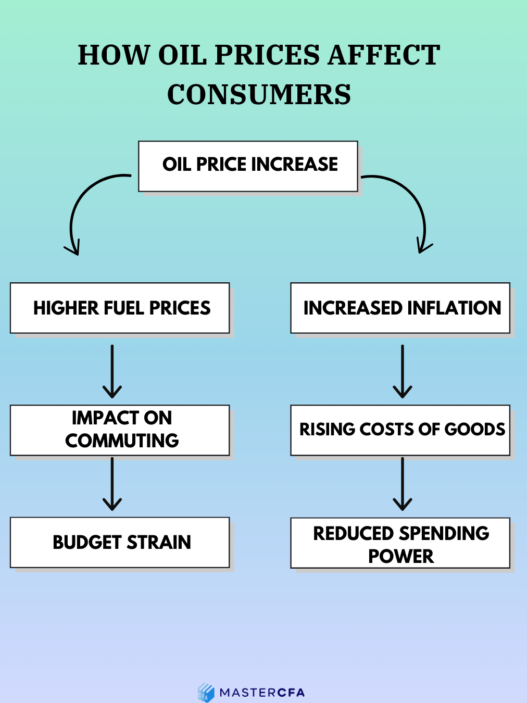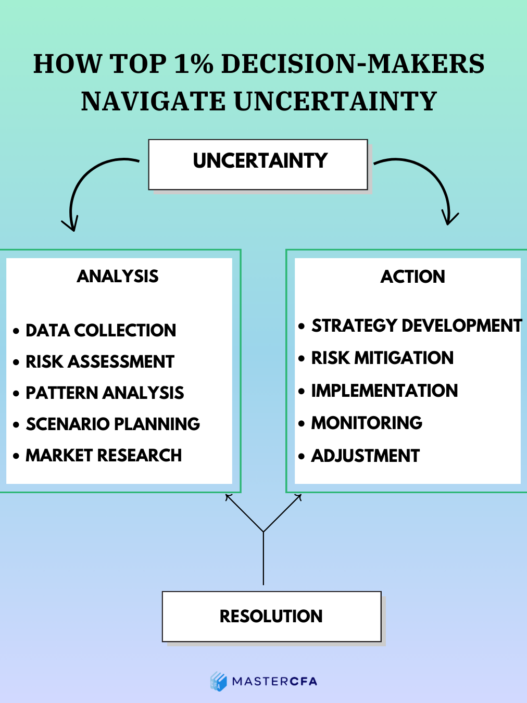What Happened? Breaking Down the G20’s Climate Fund Reform
Powered by MasterCFA.com
The G20 has identified significant inefficiencies in how major climate transition funds operate. These funds, including the Green Climate Fund and Climate Investment Funds, currently manage $4-5 billion annually but only disbursed $1.4 billion in 2022. The G20’s sustainable finance working group has recommended streamlining processes and improving fund efficiency to accelerate climate project financing.
Why This Matters: Global Impact and Local Effects
Economic Ripple Effects
- The current slow disbursement rates (31-76%) are holding back critical climate projects
- Developing economies face delays in accessing necessary funding for green transitions
- Improved fund efficiency could unlock billions in additional climate financing
Impact on Businesses and Communities
- Small businesses struggle to access climate transition funding due to complex procedures
- Communities in developing nations face delayed implementation of climate adaptation projects
- Streamlined processes could accelerate local green initiatives and job creation
Theoretical Concepts at Play
Economic Theories in Action
- Market Efficiency Theory
- Current fragmentation creates market inefficiencies
- Streamlining processes aims to optimize resource allocation
- Development Economics
- Concessional financing role in economic development
- Public-private partnership models in climate finance
Real-World Applications
- The Green Climate Fund’s 31% disbursement rate demonstrates institutional friction
- Similar to the Marshall Plan’s implementation, where streamlined processes accelerated post-war reconstruction
- Brazil’s leadership showcases how developing nations can drive global financial reform
Future Scenarios and Implications
Potential Developments
- Harmonized application processes across climate funds
- Increased focus on country-driven investment strategies
- Higher disbursement rates leading to accelerated climate projects
Expected Outcomes
- Faster implementation of climate adaptation projects
- More efficient allocation of climate finance resources
- Greater participation from developing nations in global climate initiatives
Why Understanding Climate Finance Matters
- Identify emerging investment opportunities in green transitions
- Better assess risks and opportunities in developing markets
- Understand how policy changes affect investment landscapes
- Develop expertise in sustainable finance mechanisms
Questions to Consider
- How might streamlined climate fund processes affect investment opportunities in developing markets?
- What role should private capital play in supporting climate transition projects?
- How can investors balance risk and impact when evaluating climate finance opportunities?
- What metrics should be used to measure the success of climate fund reforms?
Keep Learning with MasterCFA: Understanding climate finance mechanisms and their evolution is crucial for modern financial analysts. These developments shape global investment landscapes and create new opportunities. Dive deeper into these topics to enhance your understanding and prepare for the CFA Exam. Explore more insightful articles and resources with MasterCFA to stay ahead in your finance career.















